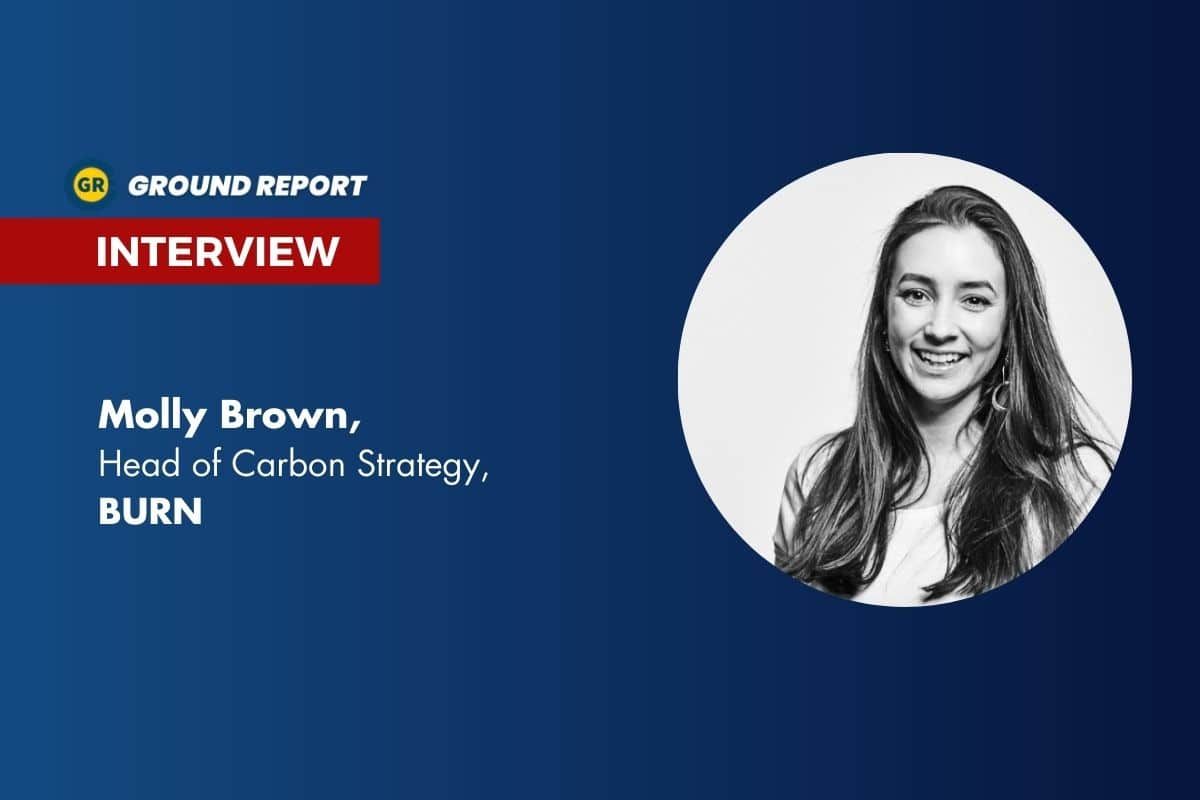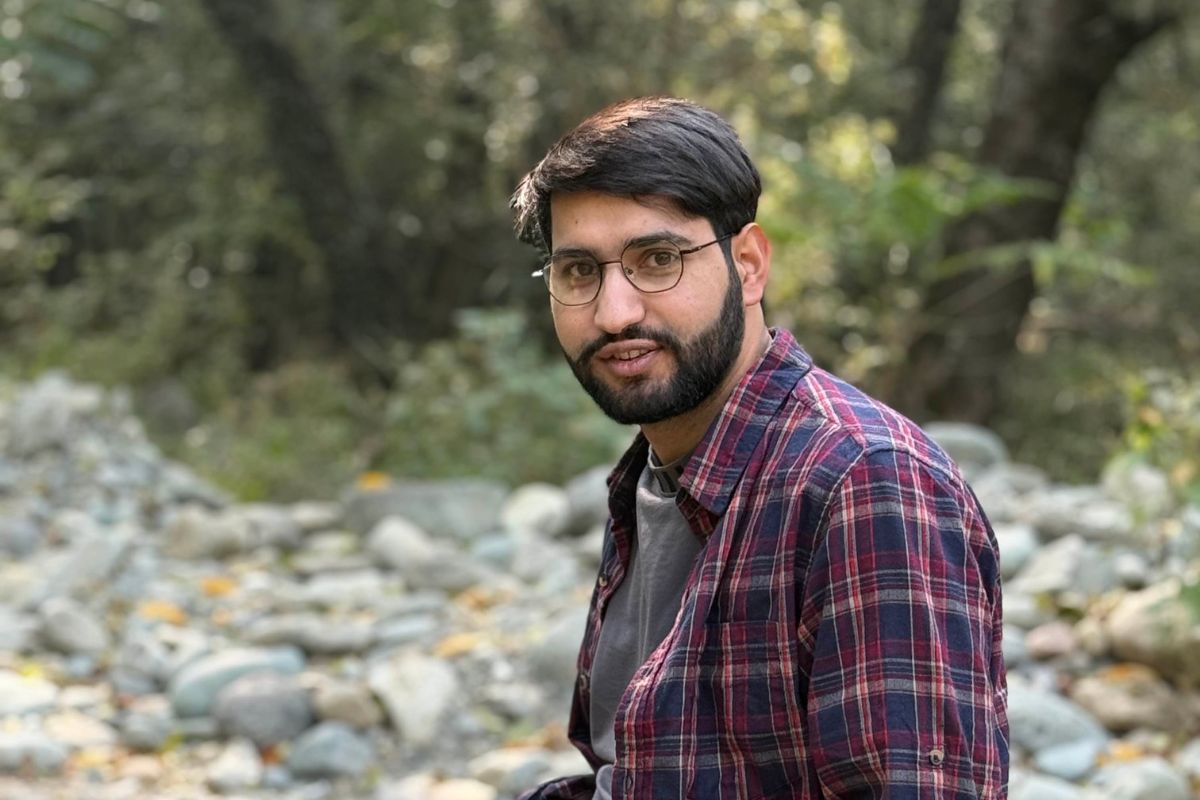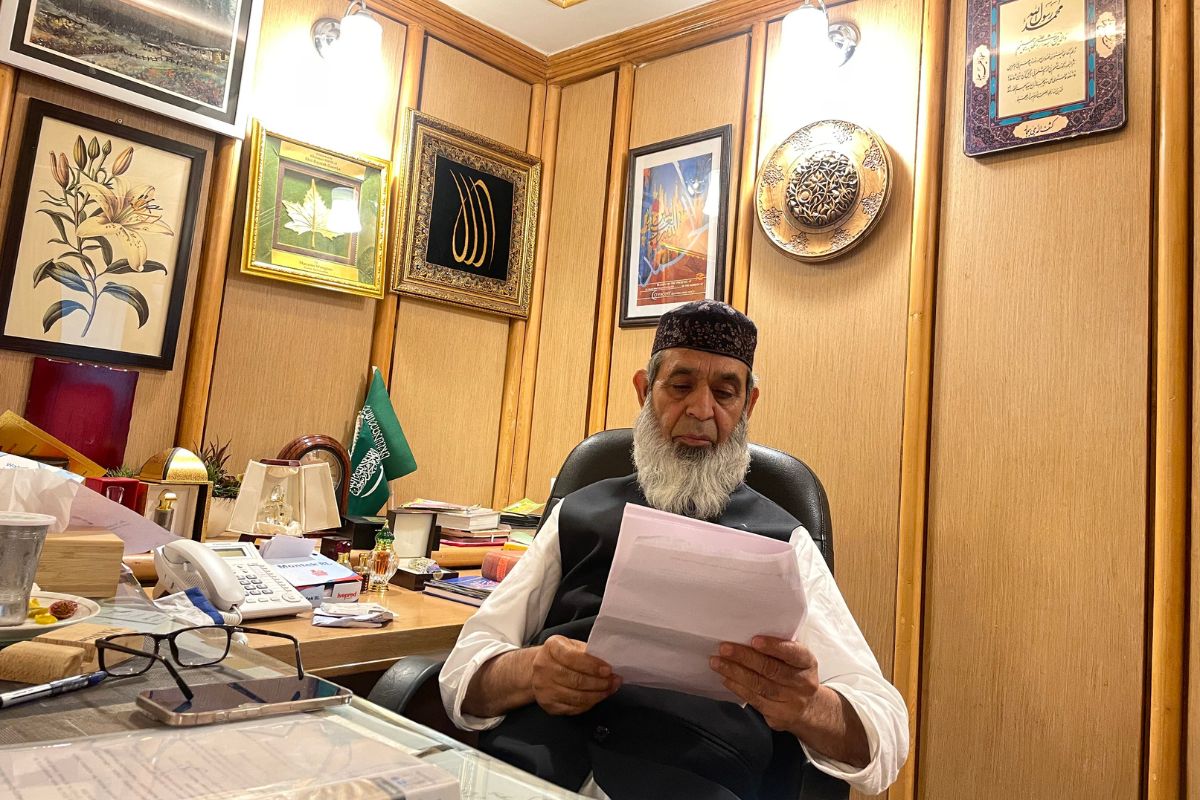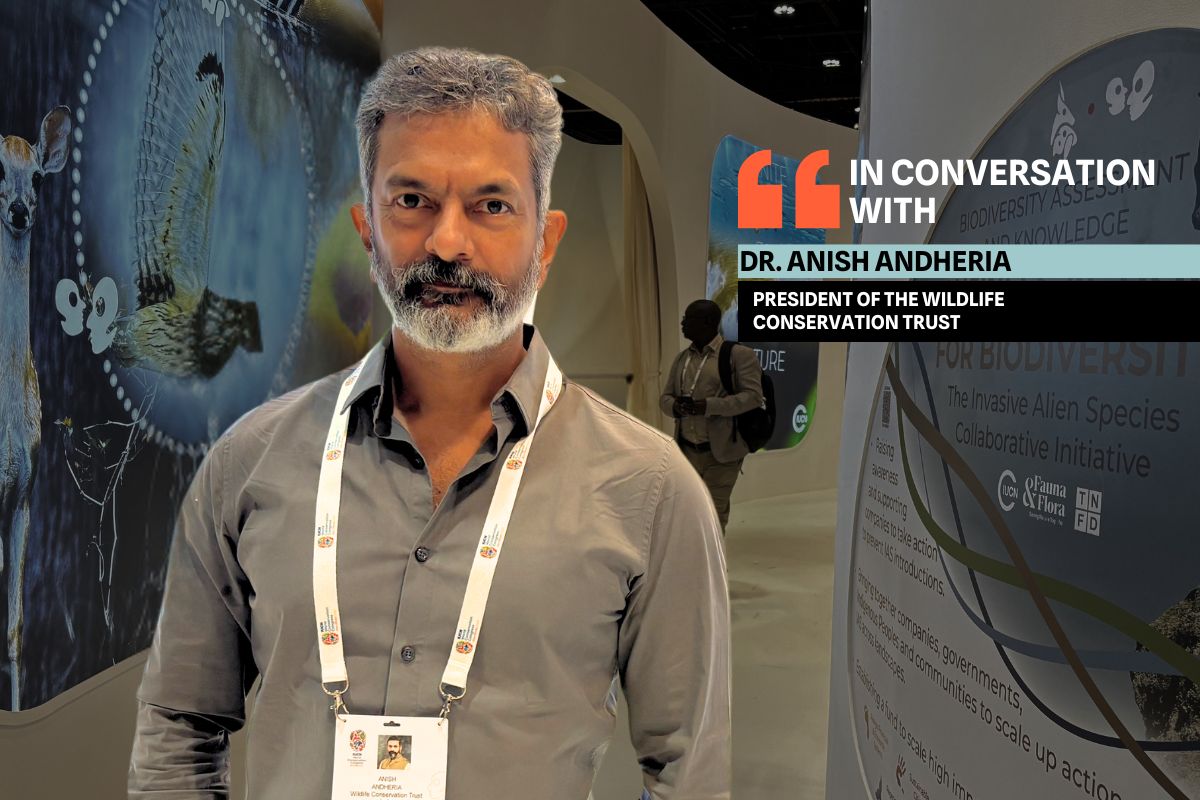Clean cooking has emerged as a critical global issue, with millions of people worldwide still relying on traditional cooking methods that contribute to indoor air pollution, deforestation and adverse health effects.
In a recent interview, Molly Brown, the Head of Carbon Strategy at BURN discussed their innovative business model and how it integrates with carbon finance to support clean cooking initiatives. As the demand for sustainable solutions continues to increase, BURN has emerged as a key player in the manufacture of high-quality cookstoves aimed at low-income families.
During the interview, Molly said that BURN’ core business model revolves around manufacturing high-quality cookstoves designed to meet the specific needs of low-income families. From wood-burning stoves to the soon-to-be-launched ground-breaking electric stoves, BURN is committed to providing premium cooking solutions to those who need them most.
Excerpts from the interview
Q: How does BURN’s business model integrate with carbon finance for clean cooking?
A: BURN operates under a business model focused on manufacturing high-quality cook stoves. They offer a range of stoves, including wood stoves, biomass stoves, and soon-to-be-launched electric stoves. The company’s core belief is that low-income families deserve access to top-notch stoves. By actively participating in voluntary carbon markets, BURN is able to generate subsidies for their stoves, enabling them to reach a much larger audience. A notable achievement for BURN is the distribution of their 3,000,000th stove, highlighting the scale of their impact. The stoves are offered at significantly reduced prices, ranging from three to five US dollars, representing a substantial 95% discount compared to the retail price. BURN’s commitment to producing high-quality stoves combined with its integration with carbon finance demonstrates its dedication to both environmental sustainability and improving the lives of low-income families.
Q: How has carbon finance impacted BURN’s stove affordability and distribution in Africa?
A: The pre-financing we’ve raised allows us to significantly reduce the prices of our stoves, making them affordable for people living in poverty. We focus on providing high-quality stainless steel stoves to those in rural and hard-to-reach areas, while charcoal stoves are more suited for urban and peri-urban settings. Beyond financial returns, rigorous studies show that these stoves reduce cooking time for women and help families save up to 40% on charcoal expenses. The stoves provide a remarkable ROI of 295%, delivering around $1,000 worth of impact over three years. This impact includes time savings, improved health, and poverty reduction as families have more money to spend due to lower charcoal costs.
Q: What progress BURN made with its electric cooking system in Kenya and Tanzania? How does BURN plan to expand this initiative globally?
In Kenya and Tanzania, our electric cooking system has shown promising progress. Despite initial skepticism about its feasibility in Africa due to connectivity challenges, our pilots in Kenya and Tanzania have been successful. Families using our electric stoves have reported saving up to $5 per week on their fuel expenses. Moreover, with zero smoke emissions, households have experienced improved health, including fewer headaches and reduced coughing among children. These positive outcomes have created happier homes overall.
Q: How has Burn overcome challenges related to extreme weather conditions in African countries, considering the impact of climate change on these regions?
A: In African countries, we primarily focus on grid-connected electric cooking rather than solar cooking. This is because grid connectivity is available in approximately 75% of urban areas in sub-Saharan Africa. While the grid may not be perfect, solar systems for cooking tend to be expensive and unaffordable for the families we work with. We haven’t observed significant impacts from extreme weather events on our electric cooking pilot. However, our long-term goal with clean cooking is to improve deforestation rates and enhance resilience to climate change. By alleviating poverty and providing families with more financial stability, we aim to make them more resilient to natural disasters like floods.
Q: What role do you see carbon finance playing in the future of clean cooking and achieving universal access to clean cooking by 2030?
A: Carbon finance plays a significant role in achieving universal access to clean cooking. The estimated annual investment required to reach this goal by 2030 is $150 billion, but the current commitments are only around $130 million, which is significantly insufficient.
Over the past two years, we have witnessed the power of carbon finance in scaling up the impact of the BURN cookstove project. We have been able to reach more families across nine countries than ever before. The subsidies provided through carbon finance have been transformative in enabling access to clean cookstoves.
A randomized control trial conducted in Kenya, which was published recently, revealed the substantial benefits of clean cooking for families. However, the willingness to pay for clean cookstoves among urban families is only about $12, despite these advantages. In rural areas, our own studies have shown that families can afford to pay a maximum of $3 to $5, despite the significant benefits. This highlights the need for subsidies. Although there is some grant financing available, it has not been able to drive the adoption of clean cooking at scale as effectively as the potential of voluntary carbon markets. We are excited about the opportunity to leverage carbon finance to mobilize clean cooking initiatives and achieve universal access to clean cooking by 2030.
Q: What other benefits does Burn’s clean cooking offer women and health?
BURN’s clean cookstoves offer multiple benefits, including reducing carbon emissions and improving public health, particularly for women in these countries. By using our cookstoves, we have observed a 0.56 standard deviation improvement in self-reported health outcomes in an independent study. Other research shows that 98% of users experience better health with reduced respiratory problems and coughing.
To health improvements, our cookstoves help alleviate poverty. Families save hundreds of dollars annually on fuel expenses, which can be redirected to other important needs. We are currently researching how women using our electric stoves reinvest their savings, such as in education or starting/growing businesses, leading to positive gender co-benefits.
Furthermore, in rural areas where wood fuel is commonly used, our stoves save women time by reducing both cooking and wood collection activities. This allows them to invest their time in education, quality family moments, and other productive endeavors. BURN’s initiatives contribute to the achievement of multiple Sustainable Development Goals while positively impacting health, gender empowerment, poverty reduction, and environmental sustainability.
Q: How does Burn collaborate with local communities and stakeholders for successful adoption of clean cooking solutions?
A: BURN collaborates closely with the local community and stakeholders to ensure the successful adoption of our clean cooking solutions. In countries with low literacy rates, our field agents play a vital role. They educate people about the benefits of clean cooking and demonstrate the advantages of BURN stoves in local markets. Interested individuals are signed up and the stoves are delivered to them.
Throughout the process, we maintain regular touchpoints with the users. We have community activators who organize events to engage with the community. Monitoring and evaluation activities are conducted annually, allowing us to stay connected and address any concerns. User education is a key focus, and our dedicated field agents and marketing initiatives support this important aspect of our work.
Q: What partnerships has BURN established in Africa to expand its clean cooking mission?
BURN has established partnerships and collaborations with other clean cooking providers in addition to its own projects in nine countries. These partnerships involve supplying high-quality stainless steel stoves to other project developers, who then distribute them in various countries, including Africa and Southeast Asia.
Q: How will BURN advance low-emission cooking and reduce traditional methods?
BURN’s main future plan is to launch electric cookers at scale. They have been piloting electric stoves in Kenya and Tanzania and will now expand to six African markets. These highly efficient induction cookers are designed for affordability and accessibility, particularly for low-income families. They are smoke-free, faster, and have child safety features. BURN is proud of the quality of their products and the positive impact they will have in advancing clean cooking solutions.
Q: How do you envision the future of clean cooking in the global South?
A: Our goal is to ensure that the 2.4 billion people in the global South without access to clean cooking can be reached. Although we have made progress by distributing 3 million stoves, it is clear that this is just a fraction of the problem’s scale. Our vision is for everyone to have access to high-quality stoves, eliminating the use of open fires that cause respiratory issues and waste time and women’s skills. We aim to uplift families on the energy ladder, and we are particularly excited about the potential of electric cooking. With renewable electricity rates of 75% in Kenya and 80% in Tanzania, transitioning to electric cooking can bring us close to zero-emission cooking. This prospect is incredibly exciting to us.
Support us to keep independent environmental journalism alive in India.
Keep Reading
The costliest water from Narmada is putting a financial burden on Indore
Indore’s Ramsar site Sirpur has an STP constructed almost on the lake
Indore Reviving Historic Lakes to Combat Water Crisis, Hurdles Remain
Indore’s residential society saves Rs 5 lakh a month, through rainwater harvesting
Follow Ground Report on X, Instagram and Facebook for environmental and underreported stories from the margins. Give us feedback on our email id greport2018@gmail.com.
Don’t forget to Subscribe to our weekly newsletter, Join our community on WhatsApp, and Follow our YouTube Channel for video stories.










